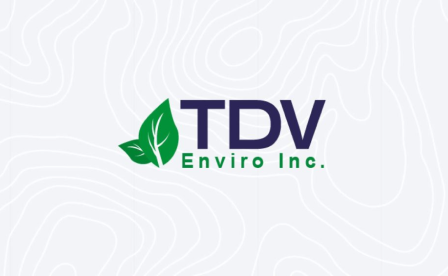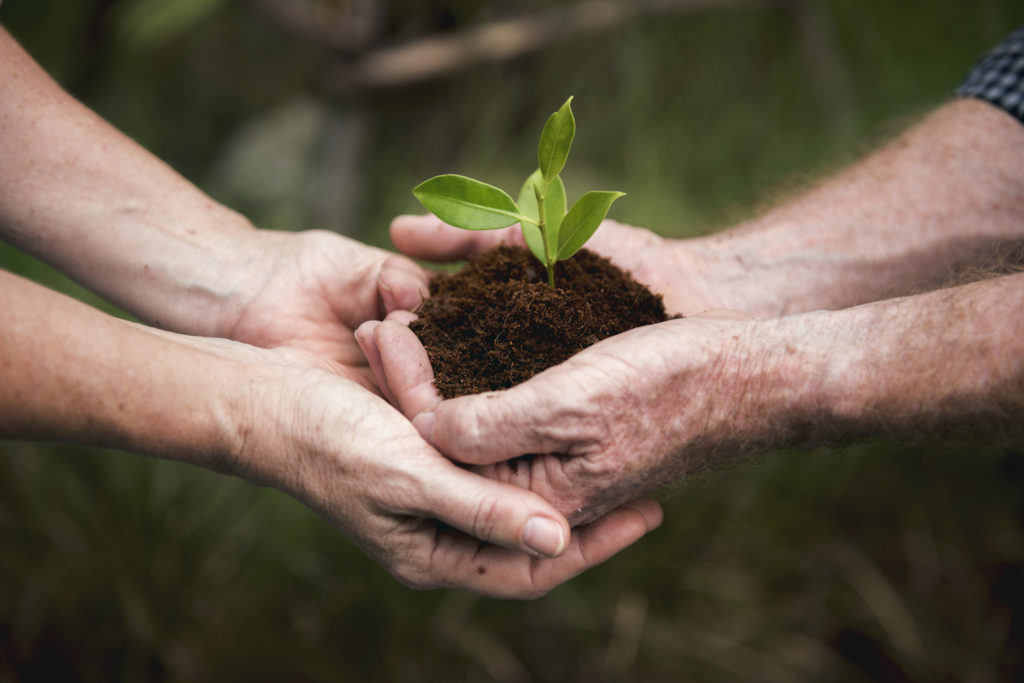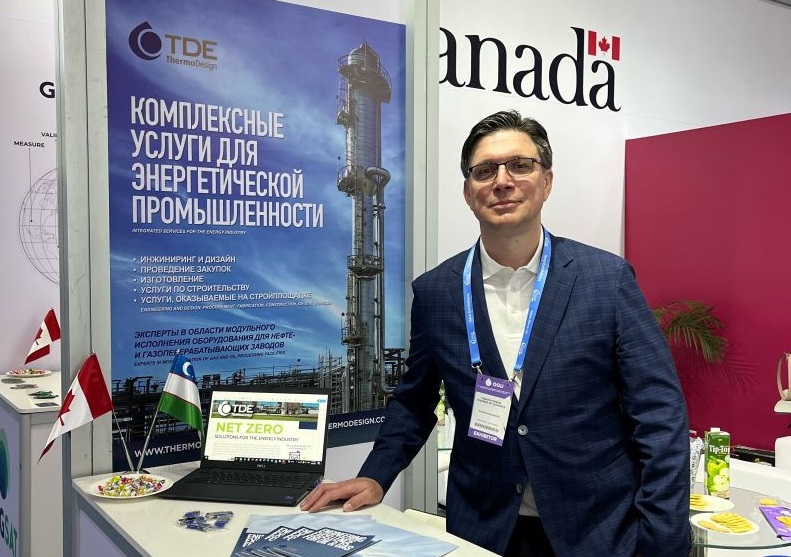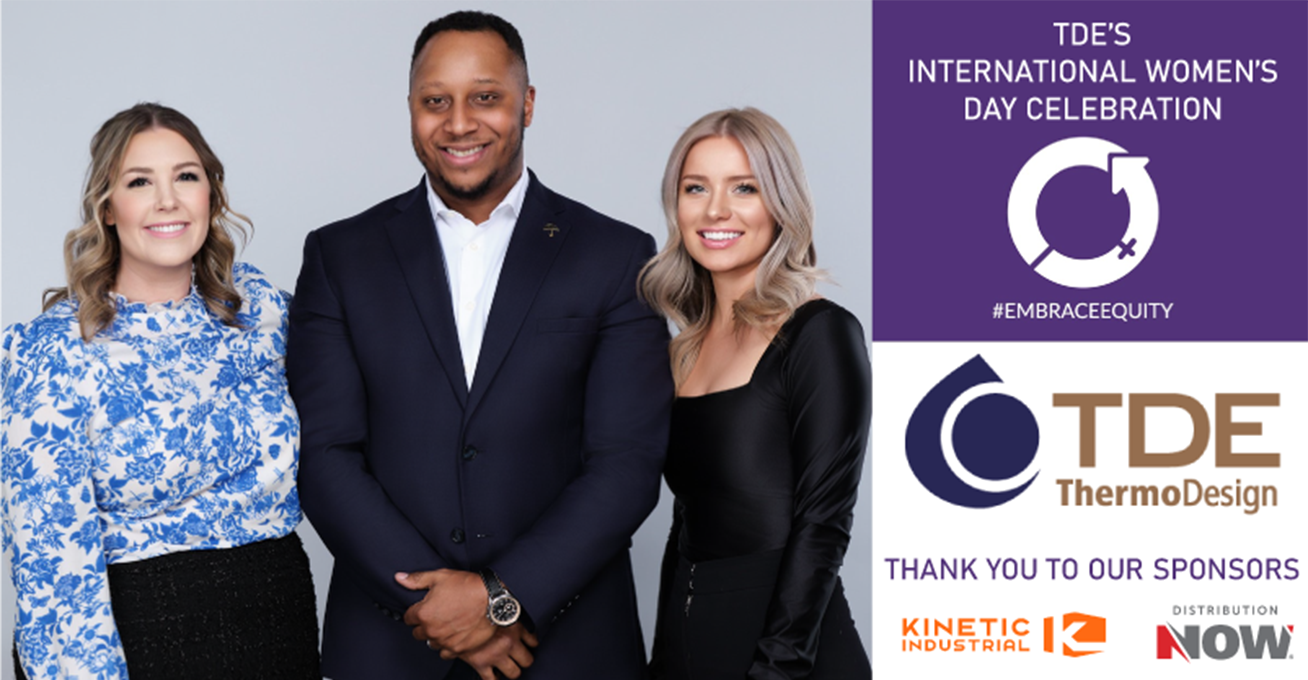In recent decades, the words ‘sustainability’ and ‘sustainable development’ have become part of our everyday vocabulary. Conversations about sustainability often turn to subjects like green technology, renewable energy, climate change, the adoption of ethical processes, eco-friendly materials, and more.
As a society, we have high expectations of industry to lead the charge in creating a more sustainable future for all. But as individuals, we may sometimes feel that our contribution to that future remains small, while our wish-list is big: we want responsible use of natural resources; we want to reduce waste and pollution; we want our environment protected for the enjoyment of future generations. Can we really make a difference on an individual level?
What does sustainability mean to the average person?
To sustain anything, such as a practice or resource, there must exist the ability to continue that practice or consume that resource indefinitely. Preferably, it should do so without harm or disruption to a living or mechanical system. For us humans, living sustainably in the future will mean more than reduce-reuse-recycle. It will require an understanding of the complete life cycle of matter and systems.
A completely “green” economy may someday be within reach, but the transition will take time, and a devoted effort from both individuals and corporations to find ongoing solutions through innovation and continuous improvement. The impact of switching to paper drinking straws, electric vehicles and eliminating single-use plastics are essential steps but can seem miniscule in the larger global picture. What can we do beyond this? How do we adapt ourselves to innately “think” sustainability?
How is sustainability defined?
The 1987 Brundtland Report, released as a publication entitled Our Common Future, coined the phrase ‘sustainable development’, defining it as “development that meets the needs of the present without compromising future generations’ ability to meet their own needs”. Under this premise, to be considered sustainable, developmental activity must address and meet three pillars of sustainability: Environment, Economy and Society. To align with these pillars, an activity, project, process, etc. must have:
- a low environmental impact
- its costs balanced against long-term benefits
- the potential to promote the betterment of society
Thermo Design’s commitment to Environment, Social and Governance (ESG) aligns harmoniously with these three pillars. We have always believed that the most important resource we have is our planet, and the founding of TDEnviro in 1993 was a bold, first-of-its-kind step in developing solutions and innovations in environmental areas such as soil reclamation, emissions reduction, and alternative, renewable energy sources.

Why is a sustainable future important to TDE?
The increasing demand for environmentally friendly energy alternatives is directed by all levels of government as well as the United Nations of Climate Change (UNFCC). As a corporation, TDE believes it is our responsibility to lead this initiative and to set the standard for industry practices as our world moves toward a future of sustainability.
We have made a firm commitment to the environment by setting a corporate goal that 50% of TDE projects are to be sustainable energy projects by the year 2025. Our service offerings focused on technologies for developing alternative energy, soil and solids reclamation, and emissions reductions include:
- Carbon capture utilization and storage
- Biomass utilization to produce renewable Natural Gas and Biodiesel
- Flare gas recovery and waste heat recovery for facilities input
- Landfill gas utilization
- Municipal solid waste utilization
- Produced and sour water treatment facilities
- Soil and solids reclamation and remediation
Our eyes are always on the future and on providing solutions, technology, equipment, and services for sustainable projects to all industry sectors. Alongside our in-house research and development team, TDE continually strives to identify and refine processes with the unwavering aim of making the world a better, more sustainable place.




